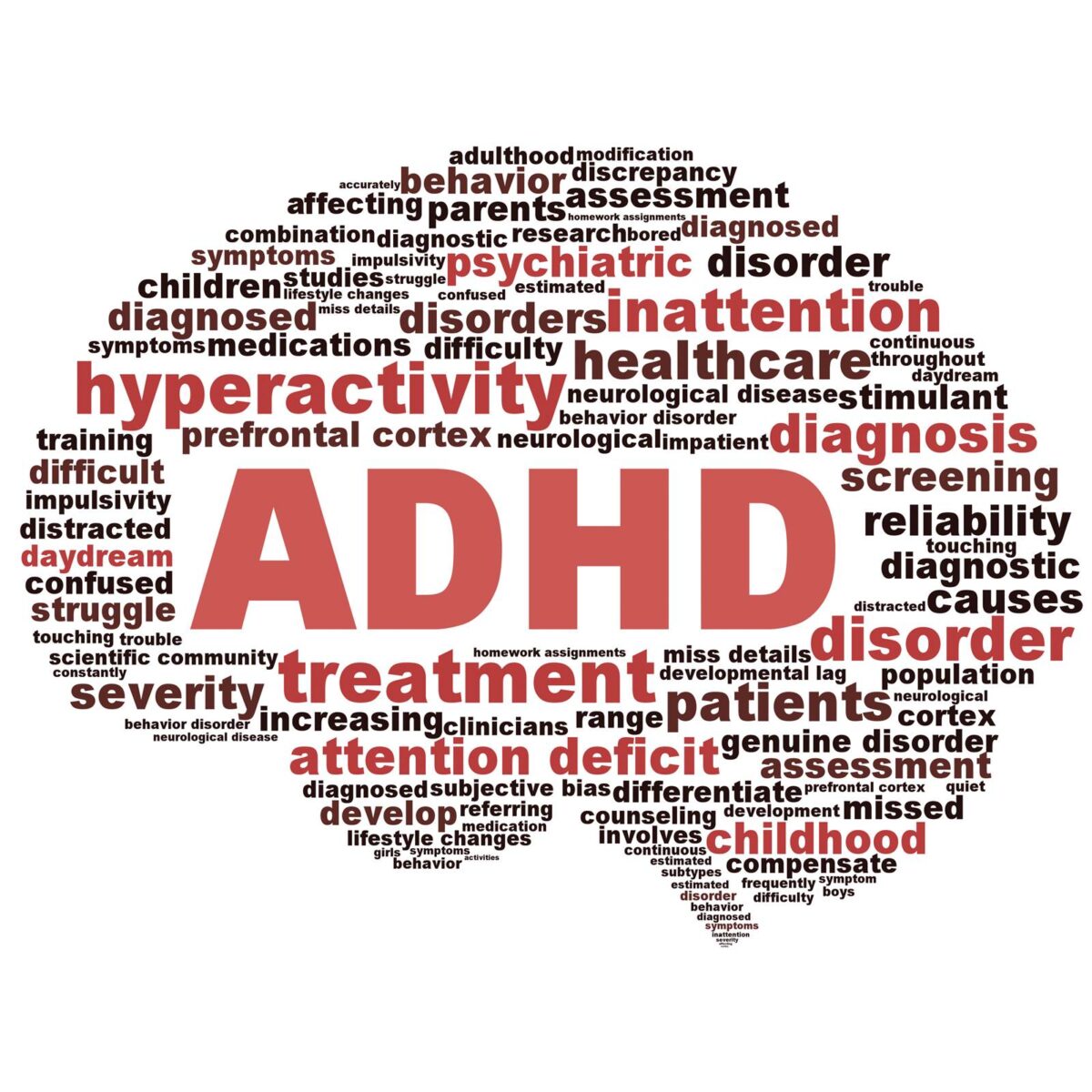Due to its success in treating symptoms of Attention Deficit Hyperactivity Disorder (ADHD), including impulsivity, hyperactivity, and inattention, Adderall, a medicine that is frequently given for the condition, has generated a lot of criticism. It may have side effects, some of which may be unexpected, though, as with many drugs. The emergence or aggravation of acne is one such side effect that some people have reported. The relationship between Adderall and skin health will be discussed in this article, with a special emphasis on whether or not acne can result from this medicine.
Knowing Adderall and Its Impact
Amphetamine and dextroamphetamine are the two active components of the stimulant Adderall. These drugs function by raising brain levels of specific neurotransmitters, such dopamine and norepinephrine, which help ADHD sufferers become more focused, attentive, and able to regulate their impulses.
Adderall can cause a number of negative effects, such as an elevated heart rate, dry mouth, sleeplessness, and appetite loss, even if it is successful in treating the symptoms of ADHD. A few of these adverse effects may have an effect on the skin, especially the alterations in body chemistry and stress response.
The Connection Between Acne and Adderall
When oil and dead skin cells clog hair follicles, acne, a common skin disorder, results. Cysts, pimples, whiteheads, and blackheads are the results of this. It is well recognized that food, stress, hormone fluctuations, and several medications can affect how acne develops.
Hormonal Fluctuations:
Adderall has the potential to trigger hormonal changes in the body, especially an increase in the stress hormone cortisol. Increased sebum production from the skin’s sebaceous glands can be brought on by high cortisol levels, clogging pores and causing acne. This is especially important for people with oily skin types or those who already have acne tendencies.
Dry skin and dehydration:
Adderall adverse effects include dehydration. The drug may lower the body’s general moisture content, resulting in dry skin and dry mouth. Dry skin can cause an increase in oil production as a compensatory mechanism, which can worsen clogged pores and breakouts.
Stress Response:
The energizing properties of Adderall may also make people more stressed. Because stress can result in an increase in sebum production, it is widely known to be a trigger for acne. Stress can also hinder the skin’s natural healing process, exacerbating pre-existing acne or slowing down its healing process.
Nutritional inadequacies and Appetite Suppression:
Adderall frequently causes appetite suppression, which, if left unchecked, can result in nutritional inadequacies. Skin health can be severely impacted by poor nutrition, particularly by lacking important vitamins and minerals, which increases the risk of acne and other disorders. For example, acne is strongly linked to deficits in zinc, vitamins A, D, E, and E.
Individual Variables and Acne Formation
It’s crucial to remember that not everyone taking Adderall will develop acne. Acne that appears while taking does adderall cause acne may be influenced by a number of individual circumstances, such as:
Genetic Predisposition:
Regardless of drug use, people with a family history of acne are more likely to develop acne.
Skin Type: Acne is more common in those with oily or mixed skin types, and Adderall may make it worse.
Lifestyle and Skincare Practices:
Adopting a healthy lifestyle and following a recommended skincare regimen will help reduce the likelihood that Adderall may cause acne. Clear skin can be maintained with regular washing, moisturizing, and steering clear of pore-clogging cosmetics.
Handling Pimples When Taking Adderall
There are various actions you may do to take care of your skin health if you think Adderall is causing your acne:
Speak with Your Healthcare Provider:
It’s Important to See Your Healthcare Provider Prior to Changing Any Medication. They can determine whether Adderall is most likely the reason for your acne, in which case they might change your dosage or recommend something different.
Changes to Your Skincare Routine:
Think about incorporating mild cleansers, oil-free moisturizers, and non-comedogenic (non-pore-clogging) products into your routine. Additionally, regular exfoliation might aid in preventing clogged pores.
Keep Yourself Hydrated:
Avoid Adderall’s drying effects by drinking lots of water all day long. Maintaining skin moisture equilibrium and lowering the chance of compensating oil production can both be achieved by staying hydrated.
Keep an eye on your stress levels. To prevent acne brought on by stress, take part in stress-relieving activities like exercise, meditation, or hobbies.
Nutritional Support:
Make sure your food is full of the vitamins and minerals that are vital to the health of your skin. Supplements may be necessary, but before beginning any new supplement regimen, speak with your doctor.
In summary
Although there is evidence that Adderall may exacerbate acne, this is not a side effect that can be completely ruled out. Adderall and skin interactions are complicated; they involve things like hormone swings, stress, dehydration, and personal preferences. If you have acne while taking Adderall, you can still benefit from the medication’s therapeutic advantages by managing your acne with the advice of your healthcare professional and making lifestyle and skincare adjustments.
